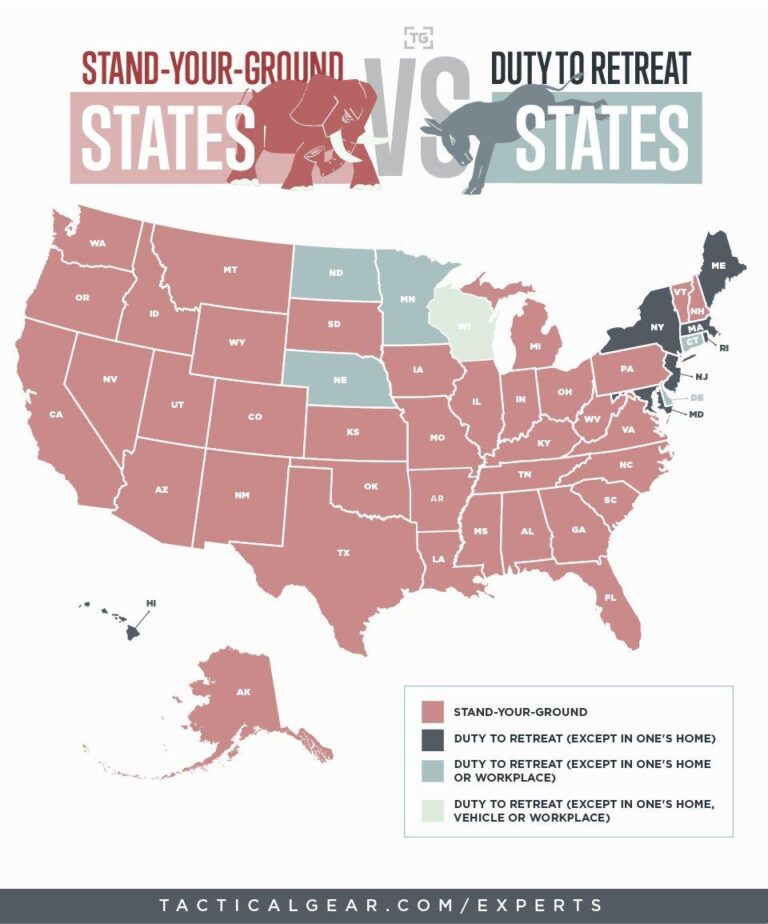Table of Contents
- Understanding Legal Definitions and Boundaries of Non-Lethal Self-Defense Tools in Indiana
- Key Restrictions and Permissible Non-Lethal Weapons Under Indiana Law
- Proper Usage Guidelines and Situations Warranting Self-Defense Actions
- Practical Tips for Carrying and Using Non-Lethal Tools Responsibly and Legally
- Key Takeaways
Understanding Legal Definitions and Boundaries of Non-Lethal Self-Defense Tools in Indiana
In Indiana, the use and possession of non-lethal self-defense tools are governed by specific legal parameters designed to balance personal protection with public safety. These tools-which commonly include pepper spray, stun guns, and batons-are generally permitted for personal defense, but there are restrictions on their size, concentration, and usage context. For example, pepper spray containers must not exceed a certain volume to remain lawful, and its use is strictly limited to self-defense situations. Understanding these boundaries is crucial, as improper use or possession may lead to criminal charges or civil liabilities.
Key legal considerations include:
- Non-lethal devices must typically be carried in a concealed manner, complying with local concealment regulations.
- Possession is often prohibited in sensitive locations such as schools, government buildings, and certain public gatherings.
- Self-defense tools cannot be used aggressivley or in a manner disproportionate to the threat.
- Minors are generally restricted from purchasing or possessing these tools without adult supervision.
Key Restrictions and Permissible Non-Lethal Weapons Under Indiana Law
When it comes to self-defense in Indiana, the law draws clear lines regarding which non-lethal weapons are acceptable for personal protection and which face restrictions. Understanding these boundaries is essential for staying compliant while ensuring your safety. For example, Indiana permits the possession and use of items like pepper spray and stun guns, but these must be carried with the intent for self-defense only. Conversely, devices such as blackjacks, brass knuckles, and certain types of batons are generally prohibited due to their potential to cause serious harm.
To help you navigate these legal nuances, here are some key points to keep in mind:
- Pepper Spray: Legally allowed for self-defense; however, it cannot be sold to minors or used offensively.
- Stun Guns: Permitted, but restrictions may apply in certain sensitive locations such as schools or government buildings.
- Prohibited Items: Brass knuckles, switchblades, and blackjacks are illegal to carry or use in Indiana.
- Intent Matters: The lawful use of these tools hinges entirely on genuine self-defense situations, not for aggressive acts.
Proper Usage Guidelines and Situations Warranting Self-Defense Actions
When employing non-lethal tools for self-defense in Indiana, it’s crucial to understand the boundaries that distinguish lawful protection from unjustified aggression. These tools-ranging from pepper spray to stun guns-should only be used in situations where there is a reasonable belief that immediate harm or unlawful force is imminent. Indiana law emphasizes proportionality, meaning the response must match the level of threat posed. For example, deploying pepper spray is appropriate if someone is actively threatening or attempting to cause bodily harm, but not in scenarios involving mere verbal disputes or minor provocations.
Situations that legitimately warrant self-defense actions typically include:
- Protecting yourself from physical assault or unwanted intrusion.
- Defending against acts of robbery or sexual violence.
- Intervening when a third party is under imminent threat of harm.
Proper usage also entails exercising caution and avoiding unnecessary escalation. Non-lethal tools should never be used as a first resort but rather as a measured response when retreat or de-escalation is not an option. Awareness of your surroundings and clear intent to prevent harm can help ensure that your actions remain within legal and ethical boundaries under Indiana’s self-defense statutes.
Practical Tips for Carrying and Using Non-Lethal Tools Responsibly and Legally
When carrying non-lethal self-defense tools in Indiana, it’s crucial to stay informed about local laws and regulations to avoid unintentional legal trouble. Always carry your tools in a way that complies with state guidelines-for example, pepper spray is legal but cannot be used on individuals under 18, and there are restrictions on carrying sprays on school property. Before purchasing or carrying any device, research whether there are any county or city ordinances that may impose additional restrictions beyond the state laws. Additionally, transporting these items discreetly, such as in a locked compartment or carrying case, can help prevent misunderstandings or accusations of intent to use them unlawfully.
Responsible use is more than just following laws; it involves understanding when and how to deploy your tool effectively and ethically. Non-lethal self-defense items are intended to deter or incapacitate an attacker with minimal harm, so avoid using them in situations where de-escalation or retreat is possible. Training and familiarization with your tool-whether a stun gun, baton, or pepper spray-are essential to ensure you can operate it quickly and safely under stress. Here are some practical reminders for responsible use:
- Practice regularly with your device to build confidence and proficiency.
- Only use force proportional to the threat; non-lethal tools are not an excuse for aggression.
- Be aware of your surroundings and always prioritize escape before engagement.
- Keep the tool out of reach of children and unauthorized users to prevent accidents.
Key Takeaways
Understanding Indiana’s self-defense laws, especially when it comes to non-lethal tools, is essential for anyone looking to protect themselves responsibly and legally. By familiarizing yourself with the state’s regulations, you can make informed decisions about carrying and using these tools in ways that prioritize safety and compliance. Remember, knowledge is your best defense-stay informed, stay prepared, and always act within the boundaries of the law. Whether you’re considering pepper spray, a stun gun, or other non-lethal options, being educated empowers you to protect yourself confidently and responsibly.Check Our Other Blogs
- StunGun – Your Trusted Source for Stun Guns, Laws, and Self-Defense Tips
- PepperSprayLaws – Your Trusted Resource for Pepper Spray Information
- StunGunLaws – Your Trusted Guide to Stun Gun Legality and Safety



